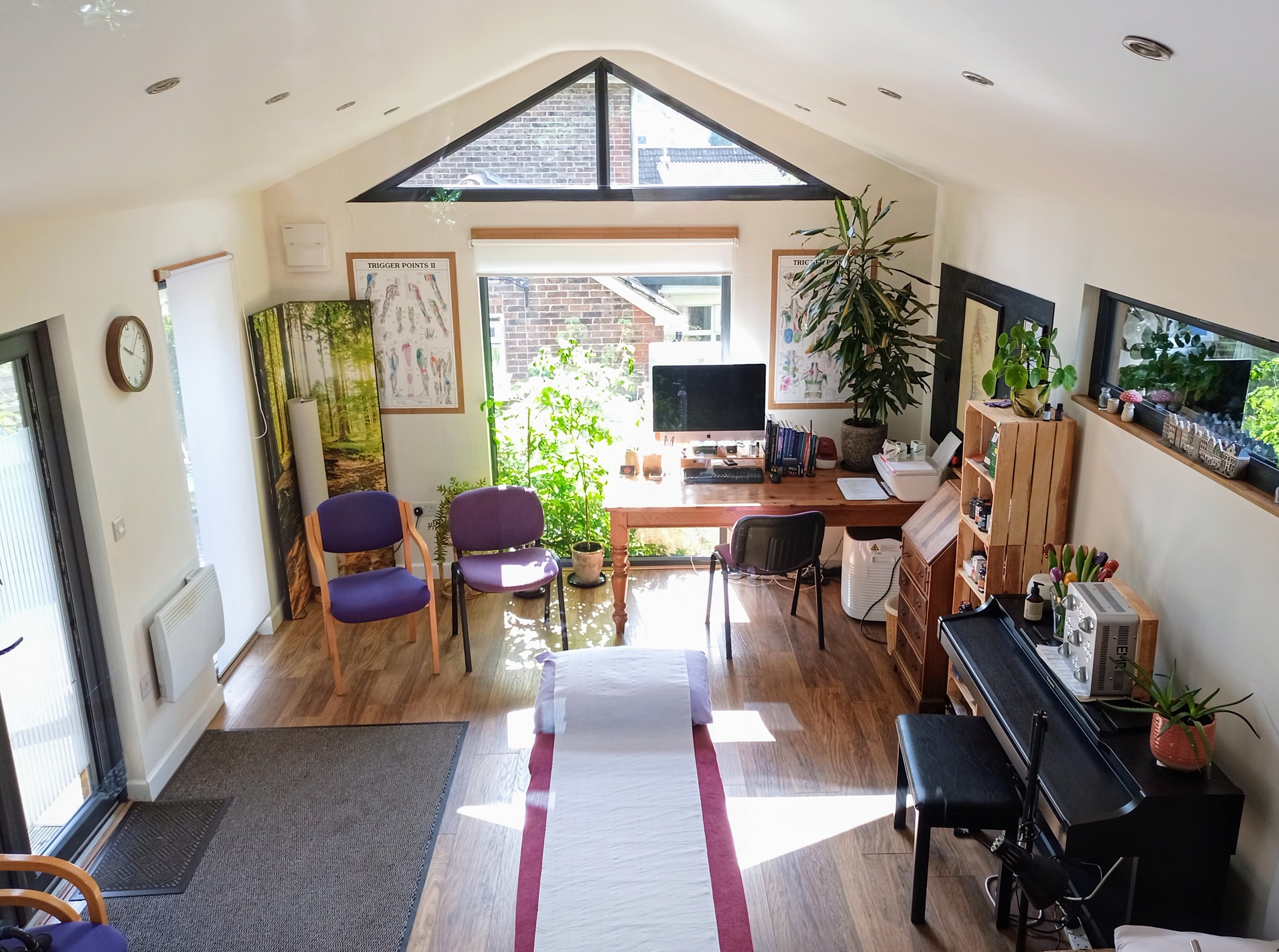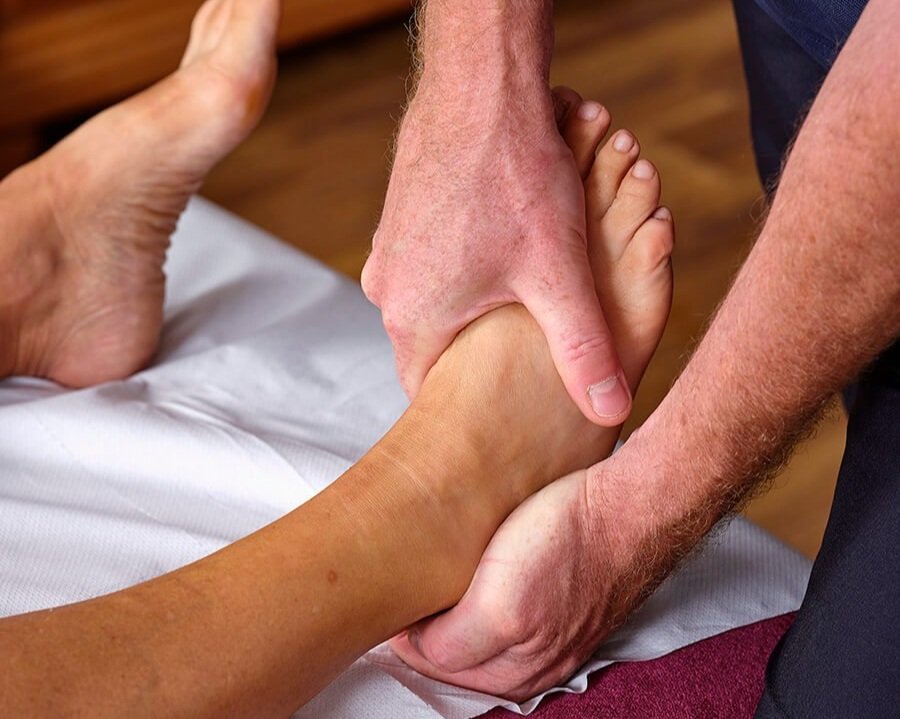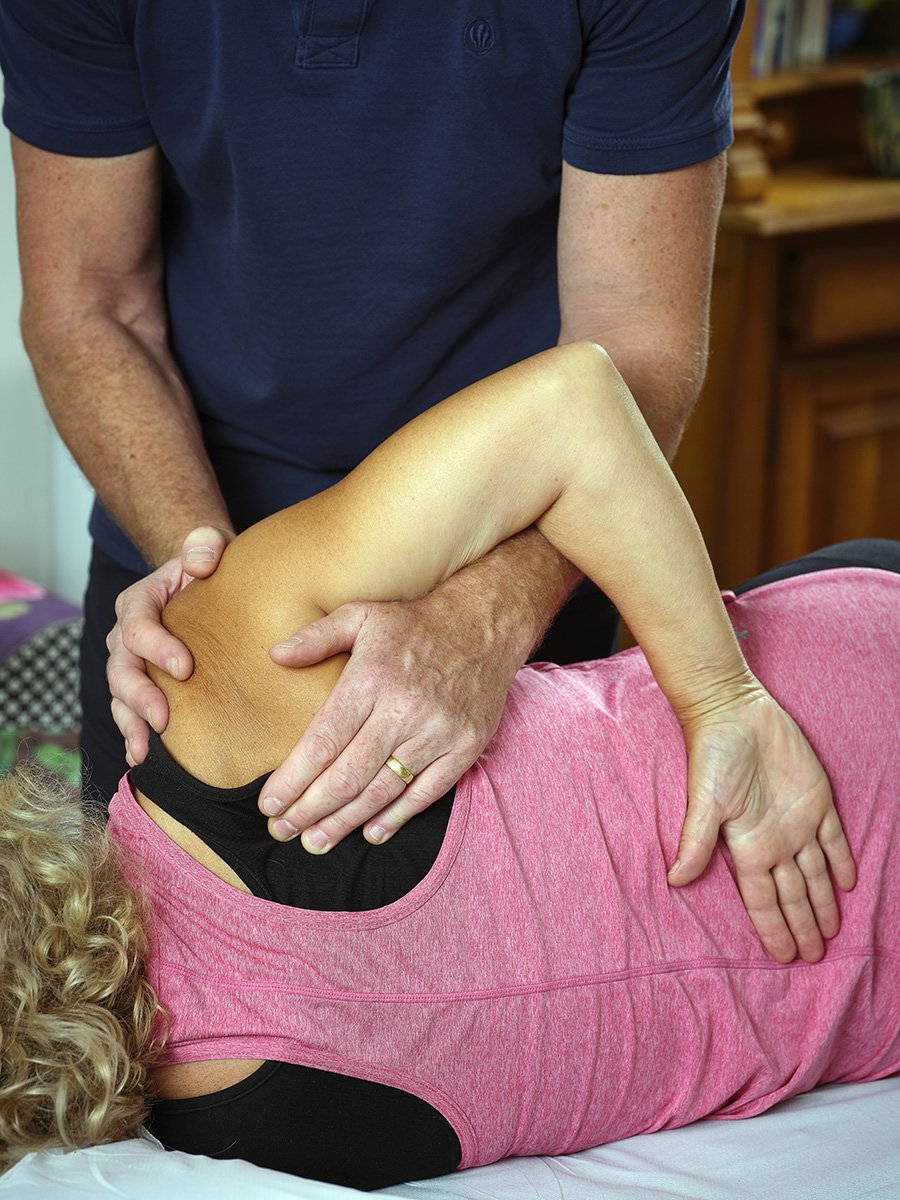
Muscle Strain Treatment in East Grinstead
Muscle Strains
Muscle strains occur when muscle fibres are overstretched or torn—often due to sudden movement, lifting something too heavy, overuse, or poor posture. Whether it's a pulled hamstring, a strained shoulder, or tension in your lower back, osteopathy offers a gentle, hands-on approach to help relieve pain and support recovery.
What Causes Muscle Strains?
Sudden twists or awkward movements
Lifting heavy loads without proper technique
Repetitive strain from work or sport
Poor posture or muscle imbalance
Previous injury or weakness in the muscle
How Osteopathy Helps
At our East Grinstead clinic, osteopathic treatment is tailored to your specific strain and stage of healing. Treatment may include:
Soft tissue massage – to ease muscle tension and reduce inflammation
Stretching and muscle energy techniques – to gently restore flexibility and function
Joint mobilisation – to improve movement in areas compensating for the injury
Postural advice and rehabilitation exercises – to prevent recurrence and support long-term recovery.
Medical Acupuncture
In addition to hands-on osteopathic care, we may incorporate medical acupuncture where appropriate. This modern form of acupuncture helps reduce pain, ease muscle spasm, and promote healing by stimulating the body’s natural pain-relief mechanisms.
Your First Visit
At your first appointment, we’ll take time to:
Understand how the strain occurred and how it’s affecting you
Perform a thorough assessment to identify which muscles and movement patterns are involved
Provide hands-on treatment during the session
Outline a clear plan for your recovery, including aftercare and exercises
Most people notice improvement after just a few treatments, especially when supported by movement advice and simple home exercises.
Get help for your muscle strain today
If you're unsure whether osteopathy or medical acupuncture is right for your injury, feel free to get in touch for advice. We're happy to talk through your options and answer any questions.
Book online or call 01342 537005 to arrange your first appointment.






